Did you recently suspect mice activity in your camper? Are you worried about not knowing what to do? Well, we got you! You would think that mice ruining your trip is just you getting unlucky. The truth is that every camper owner has experienced a mice infestation at least once.
So, we have put together this guide to ensure that your next trip is safe and damage-free. If you are travelling with a pet, rodents can get attracted to several edibles in your camper, especially dog food. With these easy tips on how to keep mice out of a camper, you'll be free of pests in no time!
Table of Contents
Look for any openings
Before we get to the remedies to eliminate the mice, it would be more rational to look for the entry points and close them the best you can. Here are some of the areas you can check:
· Under Your Camper
Cracks can form under your camper, especially if you have been using an old one. Try to locate gaps tiny enough for mice to enter.
· Access Panels
If your RV has any access hatches, go ahead and examine them for openings.
· Electric and Water Lines
The sewage, electrical and water lines can also have entry points. Look for them thoroughly because mice can come through smaller holes than you can imagine. You might also find signs of entry in the form of bite marks and chewed up spaces.
· Rubber Sealings
Check on the rubber sealings around your doors and windows. They are likely to be chewed if the mice enter from here.
· AC Vents
Look around the AC vents as their casing is fragile, and they are easy prey to mice.
· Corners
Lastly, make sure that the corners do not have any tears.
Block their way in
Now that you know where the cracks are, the next step is to block them to prevent these unwanted guests. Here are the things you can use to keep mice out of the camper.
· Spray Foam
Use a spray foam sealant in gaps to close them. It will expand when you apply them, so make sure you don't overdo it.
The best idea is to consider using this on areas hidden from view because spray foams are not visually pleasing to see.
· Steel Wool
Steel wool is a very fine and flexible bunch of strands. You can stuff it in vulnerable spots as mice cannot chew their way through it.
· Copper Wool
Similar to steel wool, copper wool is a bundle of thin wires. The only practical difference between both of them is that copper does not rust. This property makes it much more durable than steel wool, and you won't have to replace it anytime soon.
· Wire Mesh
Wire mesh is perfect for use in vents or other exposed spots where you need the air to flow. Just ensure that the metal screening is fine enough to prevent rodents from coming in.
· Silicone Caulk
This material has strong adhesive bonds used to seal joints.
Most silicone caulk and sealants are immune to moisture, temperature, weather, and chemicals, making them comfortable to use in a camper.
You can check out this video to better understand how mice react to each of these materials.
Ensure thorough cleaning
Here are some tips on ensuring thorough cleaning and keeping mice out of the camper.
- Don't leave your food outside if you are not planning to cook or eat at that time. It is common for mice to carry diseases. If you leave your food unattended, there will be a higher chance of contamination. The diseases mice can transmit are salmonella, hantavirus, leptospirosis, rat-bite fever and the plague.
- This also goes for your breaks between trips. If you're not going to travel, empty your camper of all snacks and other edibles.
- You need to remove any crumbs you may have left behind by vacuuming your camper thoroughly.
- Always store your food in airtight containers or jars because mice can chew through plastic without a problem.
- Sanitize any surfaces that mice may have found interesting (look for mice urine or faeces).
- Get rid of your garbage as well as food that has gone bad.
Locate the areas where mice can be hanging out
Now that we have cleaned up let's look for the mice! They might be hiding in one of these places:
· Inside storage boxes
If you have cardboard boxes in your camper, you should start from them. Cardboard is easily chewable for mice, and they are likely to nest in them. One of the reasons for this is because boxes hide them well, especially if they contain several items. They also keep them warm during the winter.
If you’re thinking about switching to plastic containers, we have some bad news for you! Plastic cannot stop mice. They can chew their way through it as well.
· Behind your appliances
Examine the spaces behind your fridge and in AC vents. Unfortunately, air conditioner vents have the materials for mice to make nests.
You'll be able to hear them when they're gnawing the plastic. You can check for droppings, and you may even find a dead, electrocuted mouse!
· Inside cabinets
Cabinets are common hiding places for rodents. They'll be there either in search of food or to peacefully bite into whatever food they already have.
· Behind pull-out couches
If you still can't find them, they're probably hiding behind your pull-out couch! Unlike AC vents, you won't hear them tearing your couch apart from the inside. You'll have to look for entryways.
Remove the mice
Here’s what you can do to remove mice from your camper.
- Mice dislike peppermint oil. You can put 2-3 drops on cotton balls and place them around the camper. However, they can be used for nesting once the scent fades away. Instead, you can use part of a fabric. You can even try to make a peppermint spray for the areas difficult to approach for you.
- You can use rat poison to eliminate the mice. You can find rodenticide in the form of flavoured balls. Place them around the camper just as they are, or put them as bait on mouse traps. Remember not to let children or your pets anywhere near the packet.
- You can travel with a cat to let your kitty do your work for you! Cat litter repels mice.
- If your camper has children or pets, you should only consider safe options to eliminate the mice. The best choice is to use a non-toxic rodent defence spray.
- Another non-toxic option is making a pepper spray solution. While it is not poisonous for pets, you should still spray it at a reasonable distance.
- Clean your pet's bowl thoroughly after each meal, and don't leave any pet food lying around.
- Try using ultrasonic rodent repellents that emit high pitched sounds at frequencies uncomfortable for mice.
- Use mouse traps to kill them. You can use peanut butter, chocolate or nuts as bait. Or, if you prefer, you can make a mousetrap of your own! Here's a video to help you along:
- If you don’t want to kill the mice, consider using a humane mouse trap. You can take the mouse at least a mile away from your vehicle before releasing it. They are environmentally safe and don't cause any suffering to the rodent.
Here are some other ways you can remove mice:
Other Helpful Tips to Know
- Instead of tiring yourself out by constantly replacing the cotton balls infused with peppermint oil, you can place potted peppermint plants around your camper.
- This research article from UCDAVIS discusses that mice are uncommon during spring and are frequently viewed during summer and fall. You can plan your next trip during the rodent-free season!
- You need to keep the traps set up for about a week to ensure no more mice come.
- Clean your camper clean at all times. Mice can leave urine and faeces on shelves and floors at night, and you sure don't want to keep your belongings on them.
- Store your food in glass or metal containers.
- If you have a severe rodent problem, call pest control to handle the situation faster.
Final Words
Now that you’re better informed about how to keep mice out of the camper, you are ready to have pest-free trips in the future!
Let us know how well these steps worked for you in the comments.
- Remember to start by checking for all the cracks and holes
- Block the holes off by using copper/steel wool, mesh, silicone caulk or spray foam
- Clean your surfaces and floor to prevent getting infected by a disease
- Locate the spot where mice may be nesting
- Either repel or kill them using one of the methods we have mentioned above
- Take necessary precautions to avoid mice from entering your camper in the future
Happy travelling!

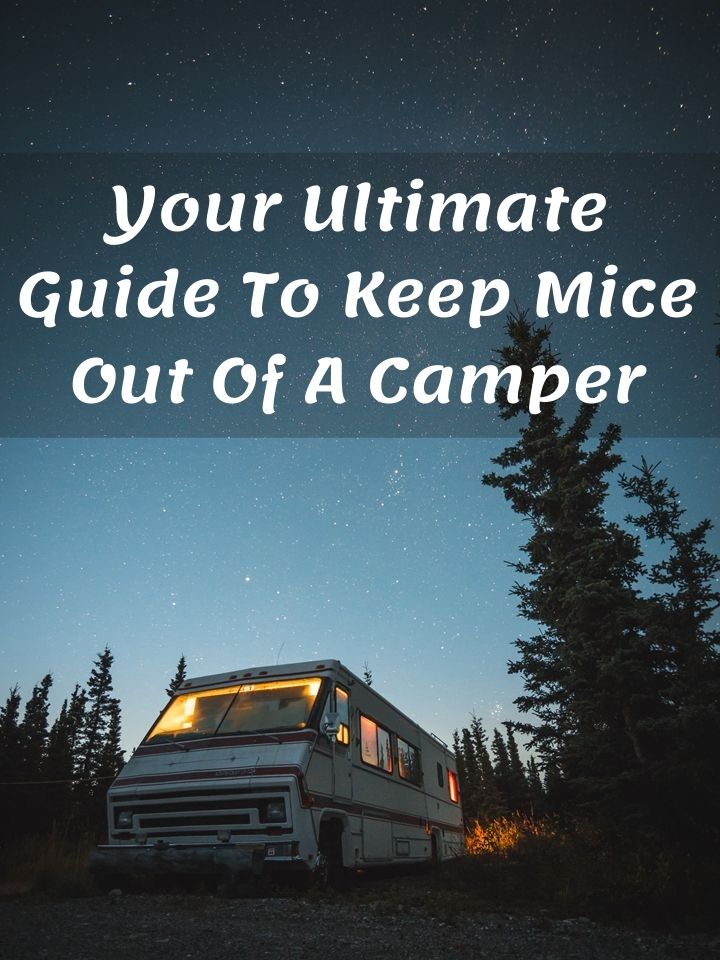
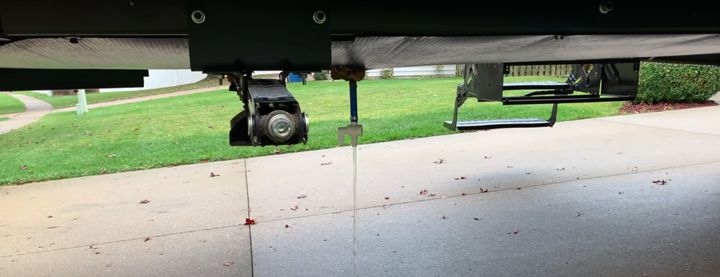
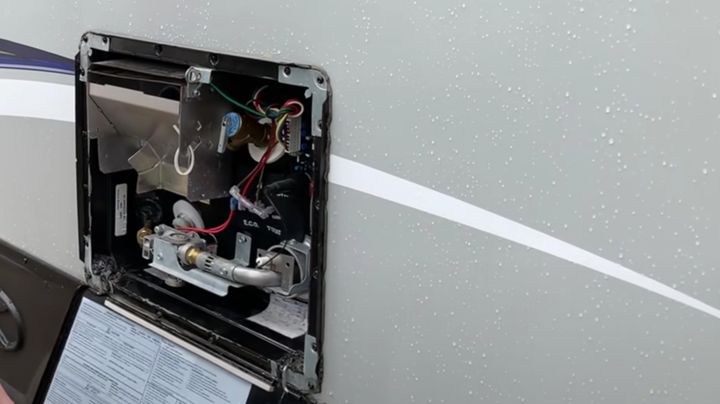
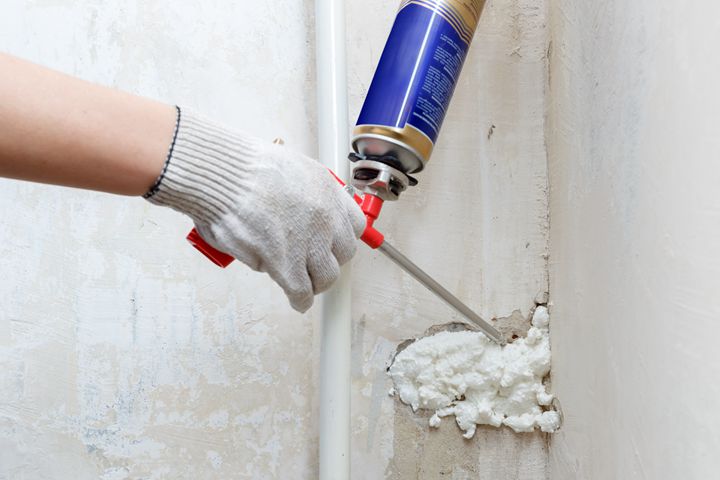

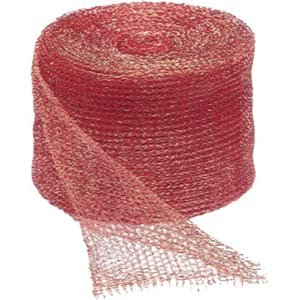
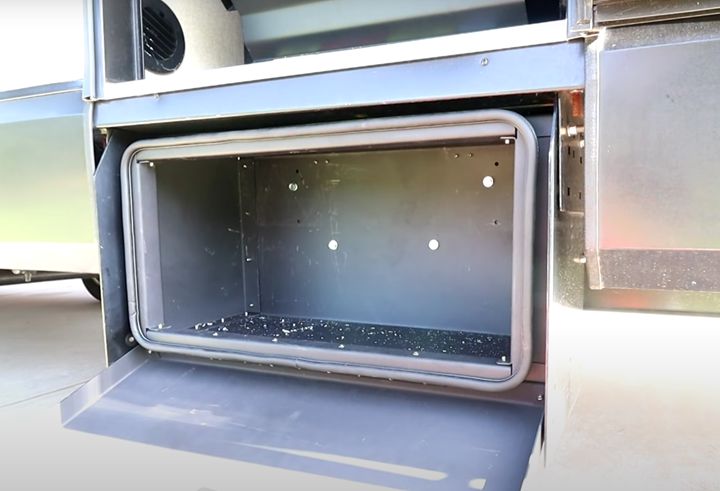
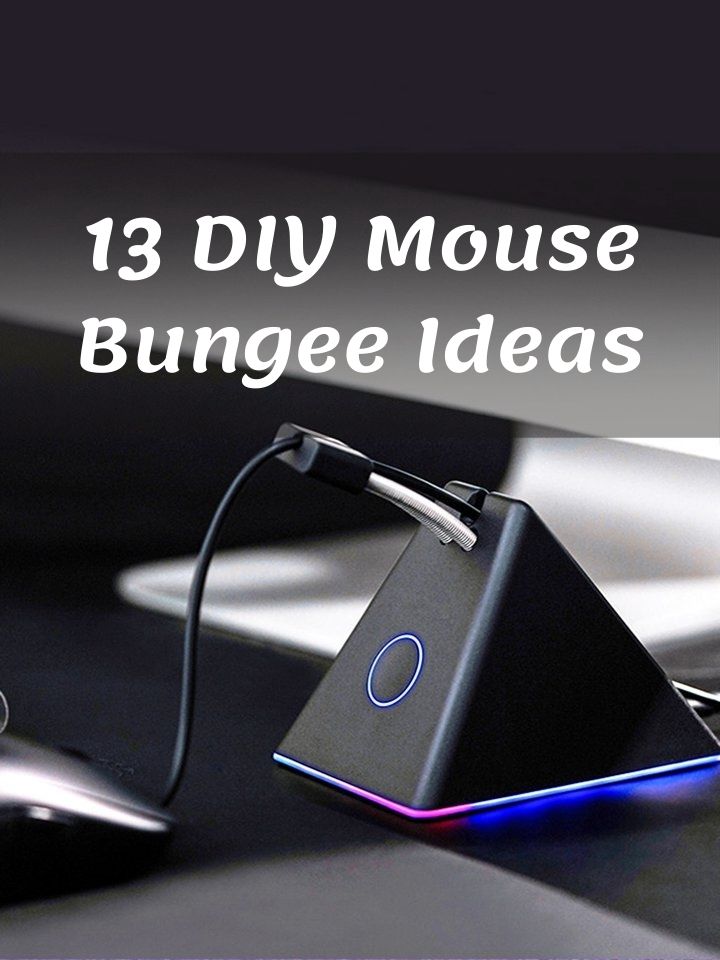
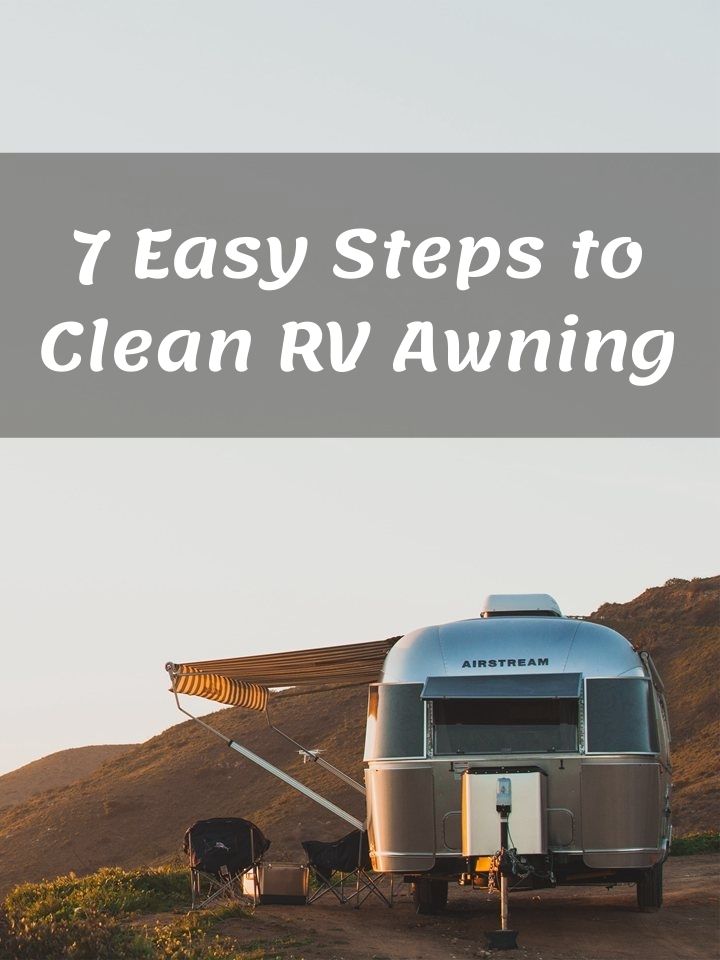
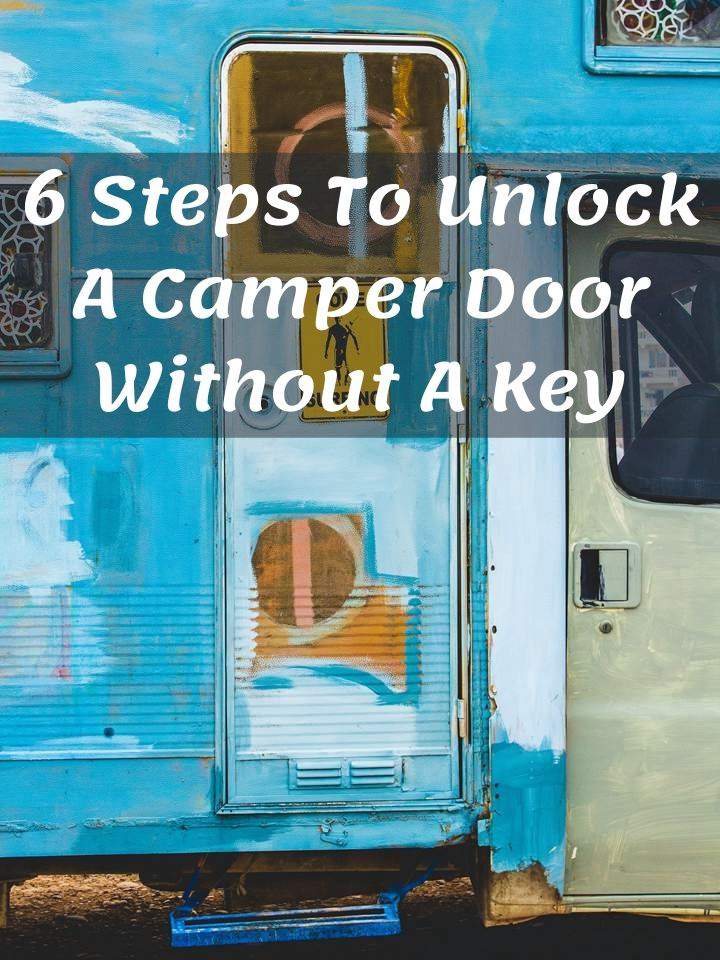
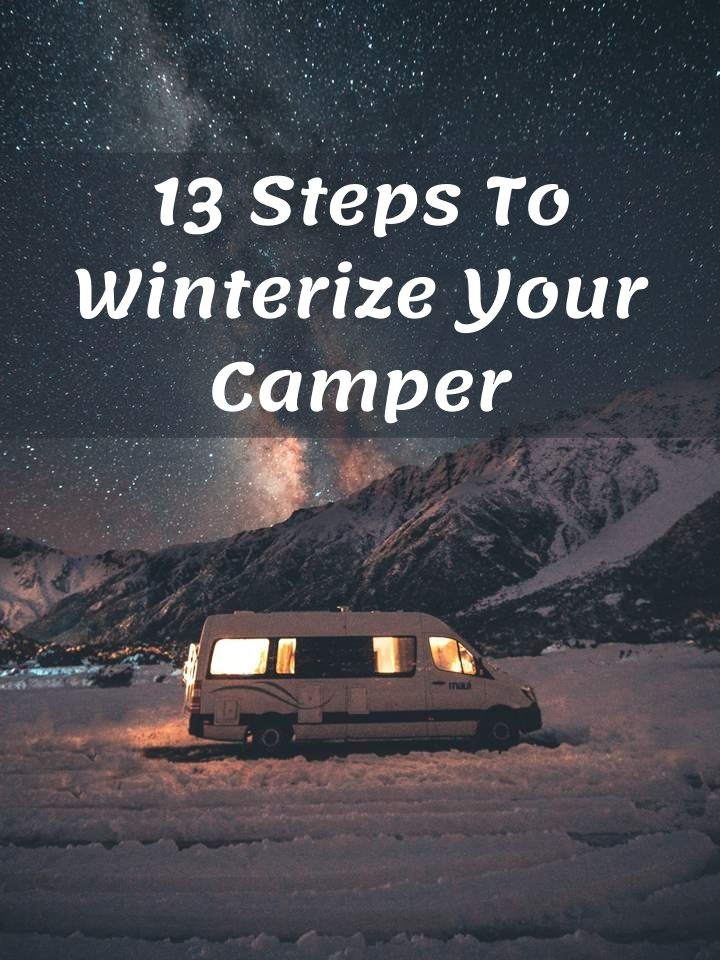
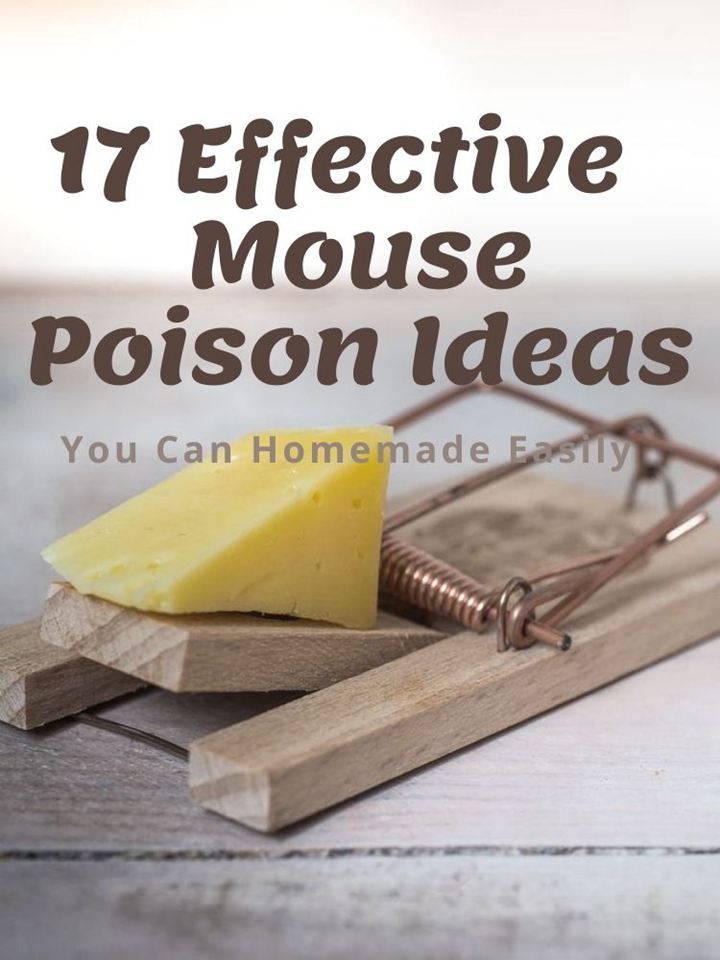
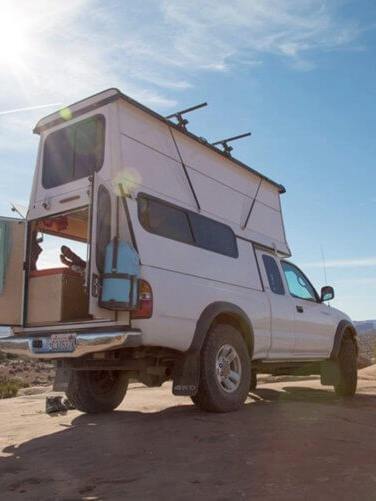
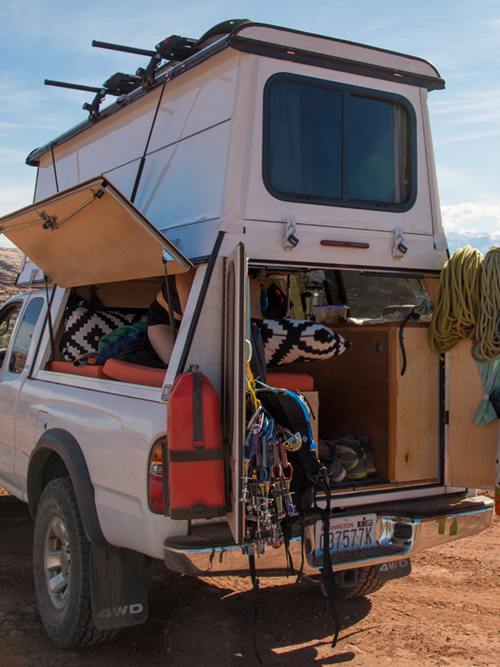

Ask Me Anything